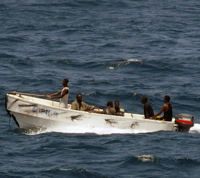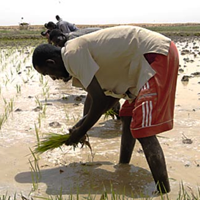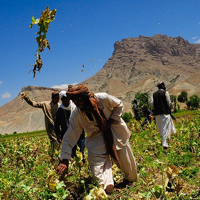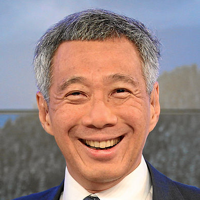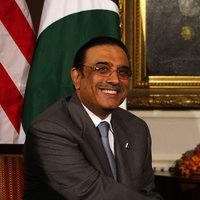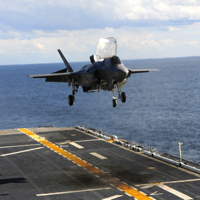
On Jan. 5, Turkey’s Defense Industry Executive Committee, chaired by Prime Minister Recep Tayyip Erdogan, authorized the Undersecretariat for Defense Industries to open negotiations with Lockheed Martin for the purchase of two F-35 multi-role combat fighters by 2015. Though Turkey’s defense minister today clarified that Turkey still intends to follow through with its intention to acquire 100 F-35s, the small initial purchase represents yet another setback for the troubled program.* It was followed by Britain’s declaration in February that it will postpone making any formal commitment to the F-35 until 2015. Australia, too, is currently reconsidering plans to buy 12 […]

